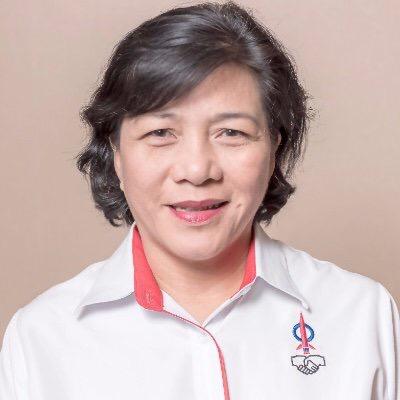By Jannie Lasimbang
To empower women, it is important to set a quota of 30 percent women’s involvement to ensure that they too are policy- and decision-makers. It is unacceptable that only seven out of 73 elected ADUN (9.6%) in Sabah are women.
In Sabah, we have yet to achieve the national and international target of having 30 percent women in all levels of government and every effort must be made as soon as possible to do so. A minimum of 30 percent women should then be maintained, in light of the fact that women leaders are equally capable of driving the nation’s development and progress.
I will give my full support to the ‘Top-Up Women-Only Additional Seats (TWOAS)’ initiative of the Penang government. This is a significant move and a much needed measure to increase women’s representation in the state legislative assembly to a minimum critical mass of 30%.
The TWOAS initiative is designed to ensure a minimum of 30% women’s representation in the Penang State Assembly. It is a special measure which is only applicable when the number of elected women in the state assembly falls below 30%. This arrangement is permissible under the Eighth Schedule of the Federal Constitution, which allows state assemblies to have nominated seats.
The good thing about TWOAS is that it does not disrupt the current system nor require a separate election. The set-up involves an upfront sharing of a TWOAS list of women nominees with a fixed sequence of preference from all parties taking part in the elections. Having a list will ensure transparency in the appointment process.
TWOAS seats will be allocated to all parties (including opposition parties) which have submitted their TWOAS candidate list, in accordance with the percentage of votes received by parties in the state election. TWOAS will provide political parties every incentive to produce a list of women candidates that otherwise they probably would not.
The Sabah Women Action Resource Group (SAWO) has also called on the Sabah government to adopt this system, and suggested that the existing Sabah nominated assemblypersons be used for the TWOAS.
Increasing women’s representation in DUN is important. The particular reason for the circumstance is due to the long overdue recognition of women in politics and the acceptance of women’s political leadership capabilities.
Women‘s participation in decision making is important for a country‘s development and advancement. The government should also protect and promote the equal rights of women and men to engage in political activities and encourage greater involvement of indigenous women in decision-making at all level.
By developing strategies for the exact purpose of women’s inclusion, the participation of party members in decision-making may become more formalized, such as through elections for leadership positions or candidate recruitment for upcoming elections.
Jannie LasimbangADUN Kapayan


